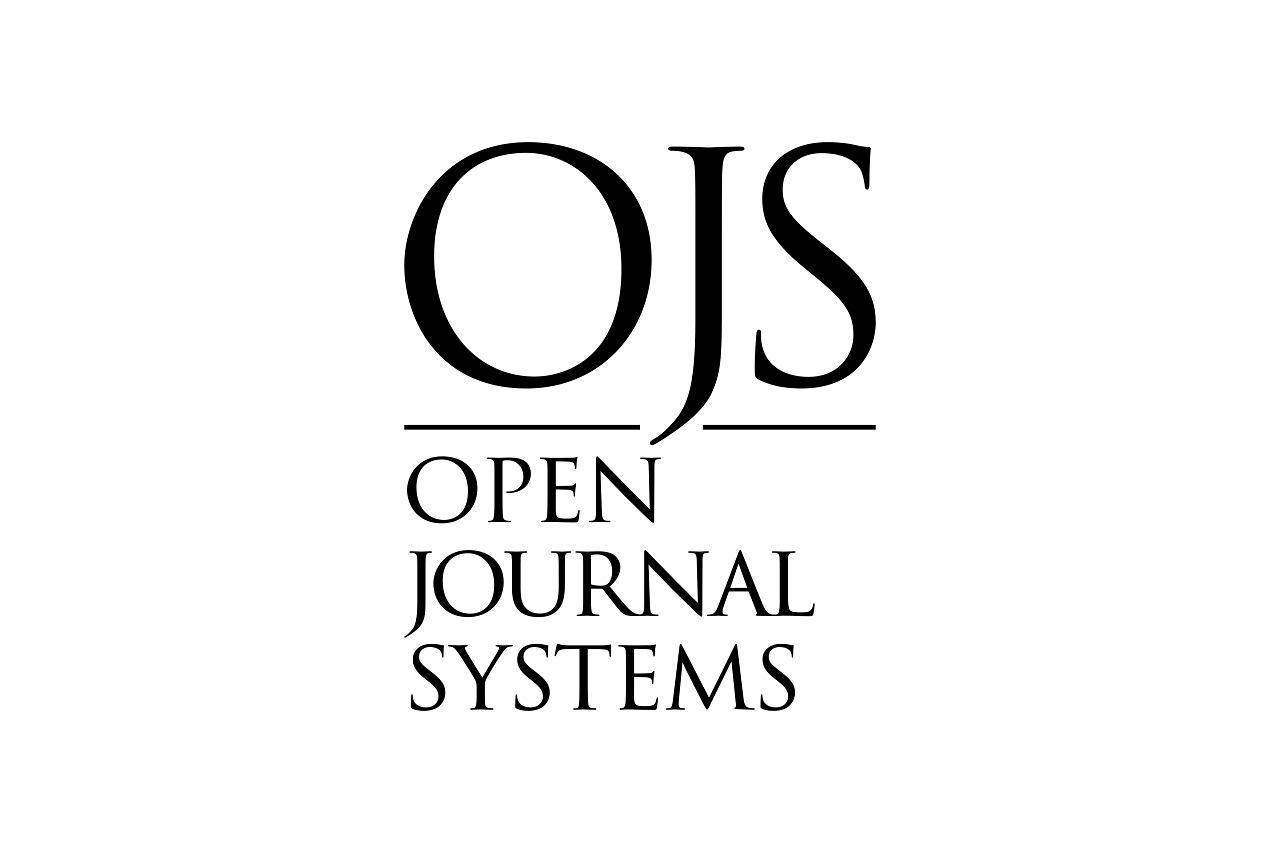PROSPECTS AND LEGAL REGULATION OF ARTIFICIAL INTELLIGENCE TECHNOLOGY IN MILITARY AFFAIRS OF THE REPUBLIC OF KAZAKHSTAN
DOI:
https://doi.org/10.52123/1994-2370-2025-1522Keywords:
artificial intelligence, military, national security, armed forces.Abstract
The purpose of the article is to analyze the possibilities of using artificial intelligence (AI) technologies in the field of defense and national security of the Republic of Kazakhstan. The paper examines current trends and prospects for the introduction of AI into military systems, as well as identifies key issues hindering the development of this area. The methodological basis of the study was a comparative analysis of foreign experience, the regulatory framework of the Republic of Kazakhstan, as well as elements of a systematic approach and content analysis of open sources. As a result, it has been established that AI is already having a significant impact on the transformation of warfare, command, intelligence, and logistics systems. The analysis showed that effective implementation of AI in the armed forces of Kazakhstan requires coordination between government agencies, scientific organizations and the private sector. The article offers recommendations for creating a unified strategy for the development of AI in the field of defense with an emphasis on cybersecurity, autonomous systems and personnel training. It is concluded that it is necessary to integrate AI into the national security system to counter modern threats and strengthen the country's defense capability.
 : 1240
: 1240
 : 0
: 0
References
References
Government of the Republic of Kazakhstan. (2024, July 24). On the approval of the Concept for the development of artificial intelligence for 2024–2029 (Resolution No. 592). https://adilet.zan.kz/rus/docs/P2400000592
President of the Republic of Kazakhstan. (2024, September 2). Address to the people of Kazakhstan. https://www.akorda.kz/ru/poslanie-glavy-gosudarstva-kasym-zhomarta-tokaeva-narodu-kazahstana
United States Department of Defense. (2018). Summary of the 2018 National Defense Strategy of the United States of America. https://www.defense.gov/Portals/1/Documents/pubs/2018NDS.pdf
President of the Russian Federation. (2019, October 10). National Strategy for the Development of Artificial Intelligence until 2030 (Decree No. 490). http://www.kremlin.ru/acts/bank/44516
National Academy of Sciences of Kazakhstan. (2025). Development of artificial intelligence in Kazakhstan: Prospects and challenges. https://www.kazscience.kz/ru/
Ministry of Defense of the Republic of Kazakhstan. (2025). Defense technologies and AI application: A national priority. https://mod.gov.kz/ru
Association for the Advancement of Artificial Intelligence. (2025). Impact of AI on military technologies. https://www.aaai.org
Ministry of Digital Development, Innovation and Aerospace Industry of the Republic of Kazakhstan. (2025). Digital transformation strategy for 2020–2030. https://www.gov.kz/memleket/entities/mcdi?lang=ru
ISDP. (2018). Made in China: The 2025 Plan. https://www.isdp.eu/wp-content/uploads/2018/06/Made-in-China-Backgrounder.pdf
TAdviser. (2025). Project Maven. https://www.tadviser.ru/index.php/Статья:Project_Maven
Aeronext. (2024). UAV Drone Global Market. https://aeronext.aero/UserFiles/ContentFiles/2024.pdf
Mordor Intelligence. (2027). Unmanned combat aerial vehicle market. https://www.mordorintelligence.com/ru/industry-reports/unmanned-combat-aerial-vehicle-market
Makova, R. S. (2023). Artificial intelligence: The beginning of a new technological revolution — Challenges and opportunities.
Kozyulin, V. (2019). Artificial intelligence. Analytical report series: The beginning of a new technological revolution — Challenges and opportunities (No. 3).
Additional Files
Published
How to Cite
Issue
Section
License

This work is licensed under a Creative Commons Attribution-NonCommercial-NoDerivatives 4.0 International License.
























